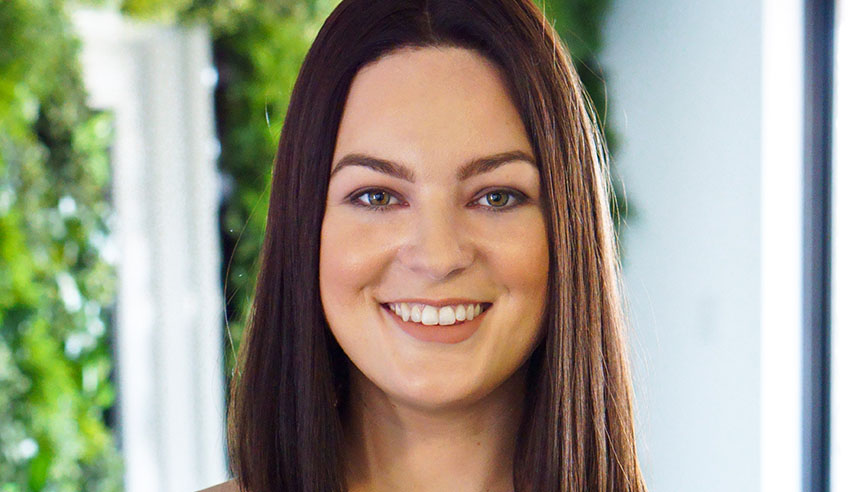Running a smaller, dedicated practice allows for the idiosyncratic priorities of women — both lawyers and clients — to be better accommodated, argues one principal.

Speaking recently on The Lawyers Weekly Show, Her Lawyer founder and principal Courtney Bowie said the impetus for starting her own practice — which specifically looks to support female entrepreneurs and business across Australia — was born organically from personal experience.
“I identified business as a way to achieve that work/life balance and what I wanted out of my life. I was spending a lot of time with women who were also exploring that path in entrepreneurship start-up spaces, and I thought, ‘I could do something here. I could use my existing skill set to really help these women achieve that’.”
The legal profession is “quite inherently masculine” and has “traditionally been dominated by men”, Ms Bowie continued.
“I think that there was a definite need for a service that catered to the unique needs and wants of the female audience, not just female lawyers who were needing a bit more flexibility, work/life balance in order to achieve everything that they wanted from their life, but also for female clients in terms of whether they communicate their sort of inherent dislike for conflict, wanting to do things in a collaborative way, wanting to access services flexibly.”
Ms Bowie’s experience is out that is “quite common” for women in law, she posited, and furthermore, it seems normal for those experiencing it.
“It takes a little bit of stepping away from the law and having more experiences outside of it to identify, this is not what the rest of the world is like. There is not this hierarchy, if you like, in the rest of the world, and it doesn’t have to be this way. We don’t have to have male partners walking around the office checking that the women are all wearing high heels, for example,” she said.
“And we don’t have to have female senior associates, who are ostensibly on flexible work arrangements, being forced to do five days of work in three days, and still expected to come to events with clients on a Friday night, and stay out till 11pm, and sacrificing their time with their new baby. It just doesn’t have to be that way.”
Setting up one’s own practice allows one to be more empathetic and cater to specific needs, Ms Bowie argued, including client priorities, and where does that firm sit with regards to the family lives of both practitioners and said clients.
“What are their child-caring responsibilities? Where are their other supports? How do they like to work? What will work for them reasonably, and how can we cater for that? How can we use all of the tools that are available to us in this modern age to better serve?
“So, things like technology, having clients be able to provide instructions on their smartphone while they’re breastfeeding, for example. Using Zoom and Skype, and not requiring women to travel all the way into the city and sit down in a fancy office, when all they really need is to talk to you,” she said.
And, on the question of how law firms across the board — both BigLaw and boutique — can better address any perceived or actual socio-sexual hierarchy in the workplace, Ms Bowie said such institutions must “not be afraid to talk about the inherent differences between men and women”.
In particular, they cannot shy away from conversations about how, for a number of female lawyers, once they become mothers “they instinctively have a priority shift”, she said.
“It also means identifying that the way the world currently is, is that the women do bear more of the responsibility for child care, and recognising that, and being dedicated to supporting women’s careers through that. As we all know, there’s a lot of women leaving the profession around their mid-thirties, which is no coincidence,” she argued.
“That is when a lot of female lawyers are having children. I think because a lot of firms are saying that they offer flexible working arrangements, and that they support working parents, but I think it’s a lot of lip service, and not actual dedication, to how can we make flexible arrangements really work.”
To listen to Courtney's full episode with Jerome, click below:

Jerome Doraisamy is the managing editor of professional services (including Lawyers Weekly, HR Leader, Accountants Daily, and Accounting Times). He is also the author of The Wellness Doctrines book series, an admitted solicitor in New South Wales, and a board director of the Minds Count Foundation.
You can email Jerome at: